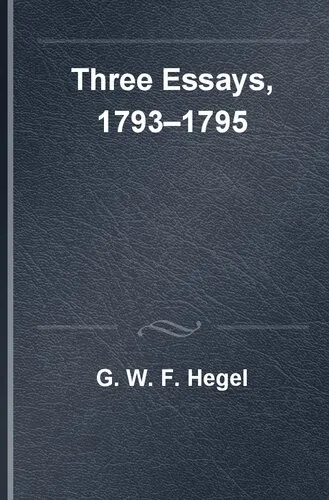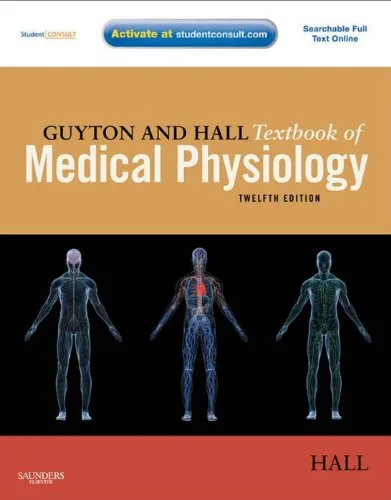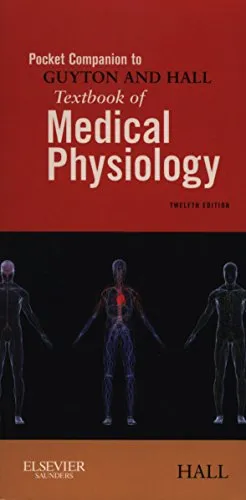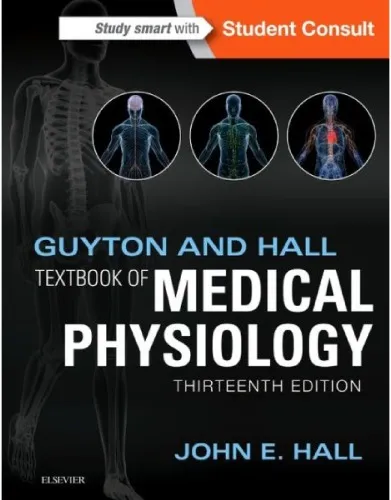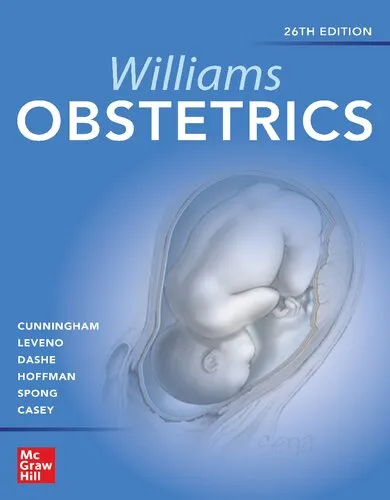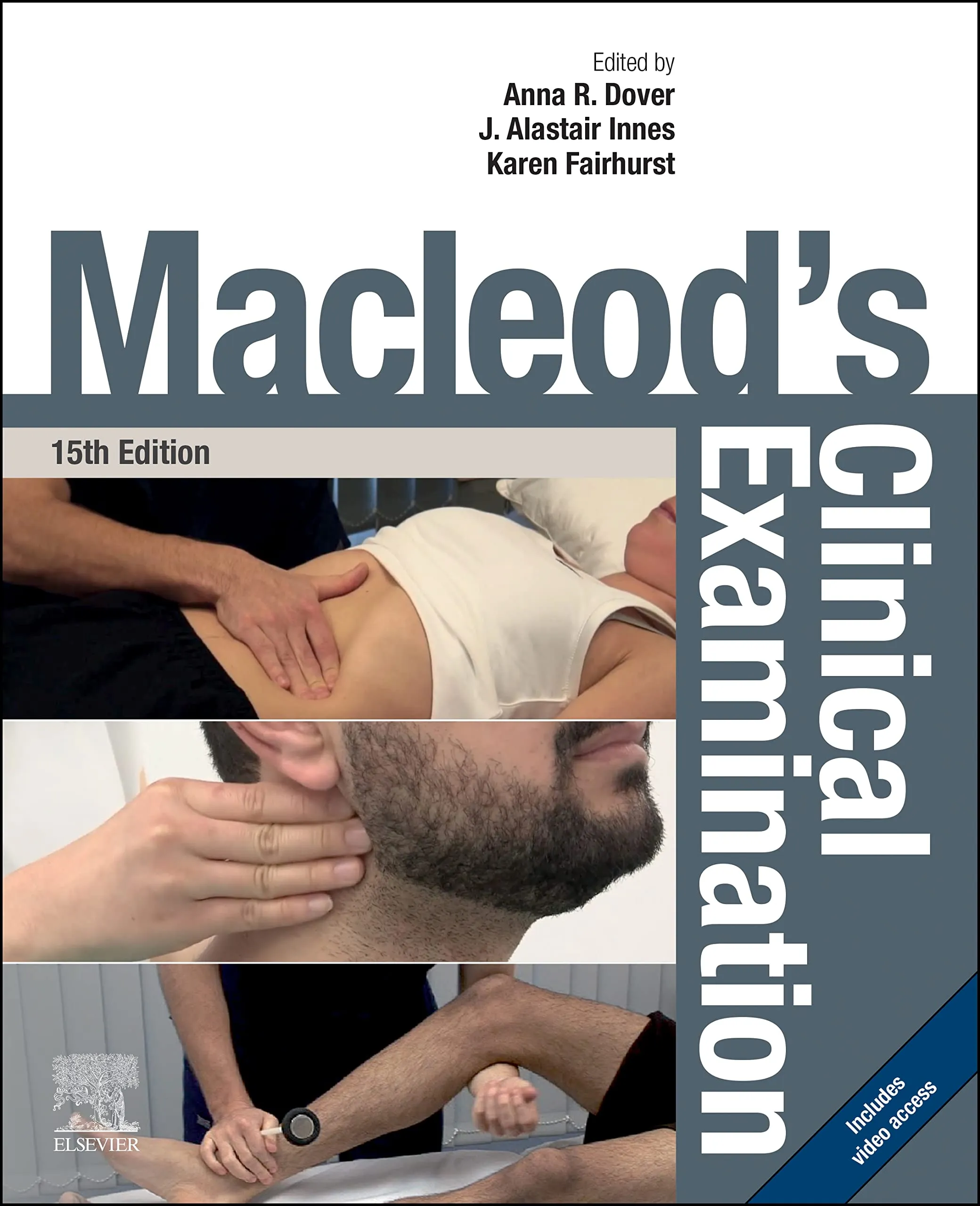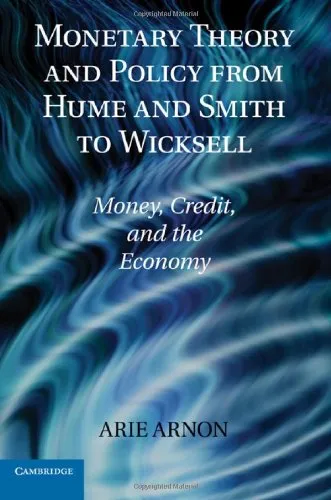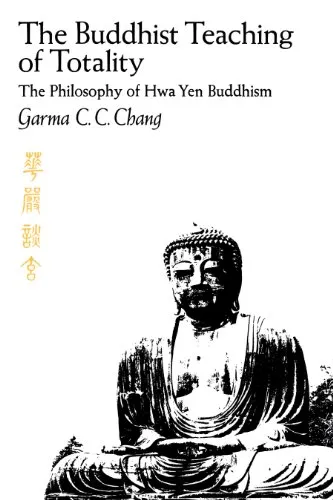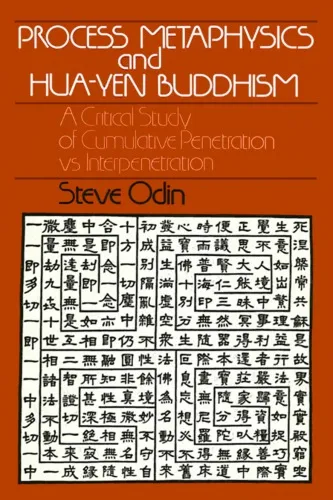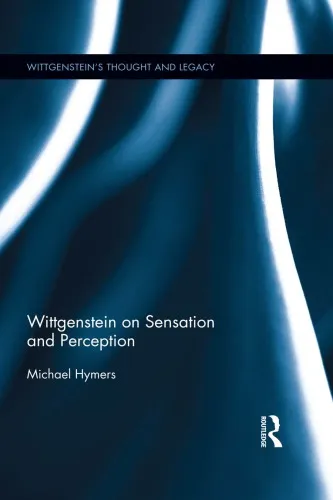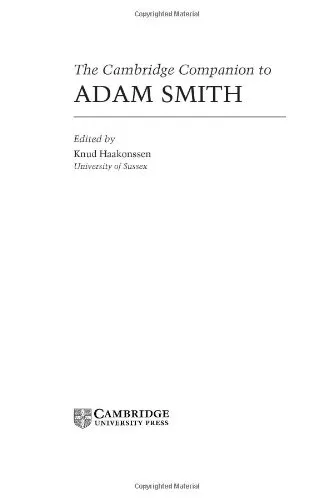Three Essays, 1793-1795: The Tubingen Essay, Berne Fragments, the Life of Jesus (English and German Edition)
4.3
Reviews from our users

You Can Ask your questions from this book's AI after Login
Each download or ask from book AI costs 2 points. To earn more free points, please visit the Points Guide Page and complete some valuable actions.Related Refrences:
Introduction to 'Three Essays, 1793-1795: The Tubingen Essay, Berne Fragments, the Life of Jesus'
The collection titled "Three Essays, 1793-1795: The Tubingen Essay, Berne Fragments, The Life of Jesus" provides a deep insight into the nascent philosophical ideas of Georg Wilhelm Friedrich Hegel. Spanning the years between 1793 and 1795, these writings are a glimpse into Hegel's early intellectual struggles and foundations that would later blossom into his renowned philosophical system. This anthology is a blend of essays that highlight Hegel's exploration of religion, philosophy, and history, demonstrating his engagement with the Enlightenment's key ideas.
Detailed Summary of the Book
The book is a tripartite collection of early essays written by Hegel during his time as a student and young thinker. It includes:
- The Tubingen Essay: Written during Hegel's stay at the Tubingen Seminary, this essay reflects on politics and religion during the Enlightenment. Here, Hegel expresses his early insights on how political structures and religious beliefs intersect and influence human progress and morality.
- The Berne Fragments: Penned during his time in Berne, these fragments show Hegel's first glimmers of historical consciousness and critique of religion. They are a collection of aphorisms and short essays where Hegel begins dismantling traditional theological concepts to pave the way for a more human-centered understanding of spirituality.
- The Life of Jesus: This work reveals Hegel's aim to reconstruct the figure of Jesus as a historical individual and a moral teacher, rather than simply the divine being central to Christian dogma. Here, Hegel's humanism shines, emphasizing Jesus' teachings as revolutionary ideas aligned with ethical development rather than strictly religious doctrine.
Key Takeaways
Emergence of Dialectical Thinking: These essays mark the seeds of Hegel's dialectical method, indicative of his later works where reason and contradiction synthesize to form new truths.
Human-Centered Theology: Hegel's early challenge against religious orthodoxy centers on viewing religious figures as progenitors of ethical and moral advancement rather than divine beings.
Critical Historical Perspective: The essays show Hegel's budding interest in historical processes and their impact on human consciousness.
Famous Quotes from the Book
"Enlightenment is man's emergence from his self-imposed immaturity."
"The divine is not beyond us, but within us."
Why This Book Matters
"Three Essays, 1793-1795" is crucial for understanding the embryonic stage of Hegel's philosophical journey. These writings not only forecast his later intellectual triumphs but also underline a critical epoch during the Enlightenment where religion, ethics, and history intersected dramatically. They offer readers a rare glimpse into the mind of a philosopher who would substantially shape modern philosophical discourse.
The book's importance lies in revealing Hegel’s analytical depth even at this early stage, showing his willingness to question established norms and imagine a world where human thought determines the structure of reality. As such, it serves as an invaluable resource for students of philosophy, history, and theology alike.
Free Direct Download
You Can Download this book after Login
Accessing books through legal platforms and public libraries not only supports the rights of authors and publishers but also contributes to the sustainability of reading culture. Before downloading, please take a moment to consider these options.
Find this book on other platforms:
WorldCat helps you find books in libraries worldwide.
See ratings, reviews, and discussions on Goodreads.
Find and buy rare or used books on AbeBooks.
Questions about Book
1437
بازدید4.3
امتیاز0
نظر98%
رضایتReviews:
4.3
Based on 0 users review
Questions & Answers
Ask questions about this book or help others by answering
No questions yet. Be the first to ask!
